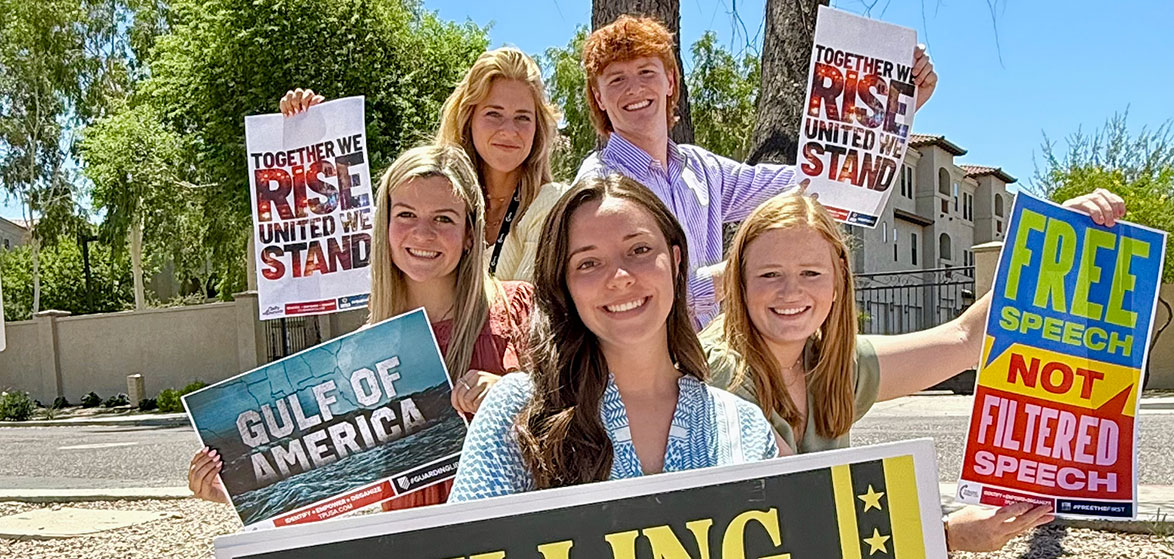
Brittany Pearson, a California mother of four and two-time surrogate, claimed that the male couple whose child she was carrying suddenly urged her to get an abortion after she was diagnosed with an aggressive cancer during pregnancy.
Pearson explained in an interview that the baby boy she was carrying was always active, kicking and wiggling around, and said that this brought her a lot of joy throughout her pregnancy. She had been a gestational surrogate once before for a male couple, and maintains a relationship with the two men parenting those children she birthed. “They send me pictures all the time . . . I get to see the babies I grew for them,” she said.
“Gestational surrogacy refers to a process in which one woman “donates” her eggs for profit, and another is paid to implant the fertilized embryo using a medical procedure called IVF (in vitro fertilization). This woman carries the baby, to whom she is not biologically related, for the buyer and would-be legal parent. This is the most common form of surrogacy in the United States.”
TPUSA Live Feed
At around 23 weeks into her second surrogate pregnancy, Pearson was diagnosed with stage 3 breast cancer. She explained that the pregnancy likely contributed to its rapid growth. Before the fertilized embryo was implanted, Pearson had taken hormone supplements estrogen and progesterone to increase fertility, as many surrogates do to increase the chances of the embryo surviving implantation.
Several studies believe there is a link between taking additional hormone treatments and an increased risk of developing ovarian, breast, and in rare cases, womb cancer. Pearson explained that she can’t be certain that these treatments contributed to her illness, but it isn’t out of the question, either.
Up to that point in her pregnancy, her relationship with the two would-be fathers was pleasant. But everything changed after receiving the cancer diagnosis.
Initially, Pearson said that her goal was to finish the pregnancy and give birth to a healthy baby boy. Her doctors found a treatment plan that would allow her to do so and planned to have her deliver around 36 weeks. The two men who had paid her to give birth to their child, however, were not on board with an early delivery. They insisted that she carry the child until at least 39 weeks. Because they had no legal grounds to demand that, the couple eventually accepted a 34 to 36-week delivery.
“I use the term rented uterus, but basically that’s just what I felt like. I was just being used,” she explained in the interview with Blaze host Allie Beth Stuckey.
Not long after though, Pearson received an MRI scan which revealed that the cancer had spread to her liver. The doctors told her that she would have to begin a more aggressive form of chemotherapy, which meant that she either had to deliver the baby early, at approximately 25 weeks, or terminate the pregnancy.
Immediately, the two men began threatening lawsuits, believing that Pearson or the fertility clinic had prior knowledge of her cancer diagnosis before she was approved to be their surrogate. Eventually, they disassociated themselves from the baby entirely. Pearson mentioned in their interview that the two men would only refer to their son as “the fetus” rather than the baby that they had paid so much money to create. Then finally, the two men urged Pearson to have an abortion to terminate the pregnancy.
Pearson was willing to place the child up for adoption, and she herself was willing to take him in, as were 3 other families. But the two men only wanted the pregnancy to be terminated, and all memory of this incident erased.
She refused. Contractually, the men were only legally able to make medical decisions on behalf of the child after he had been born. Their hands were, for the moment, tied. However, at the time of the baby’s premature delivery, which occurred on Father’s Day, the two men refused doctors’ request to provide lifesaving treatments for their son.
“They wanted no life-saving measures [taken by the doctors] if the baby was born alive,” Pearson claimed. They feared that a premature baby would have significant health problems, that the couple was either unable or unwilling to deal with.
“I didn’t hold him. I looked at him, and they gave me pictures and a box and stuff, and my mom held him. So he was cared for and loved a little bit,” Pearson recalled. “He was held and wrapped up, and swaddled, and he didn’t make it.”
The Daily Mail explained that Pearson was upset by the couple’s decision to have the baby cremated. “I would have done things differently,” she told the outlet. “I didn’t understand it since they didn’t see him as a baby at all.”
The surrogacy industry isn’t often talked about and is rarely scrutinized in American media. However, it recently gained more coverage after Khloe Kardashian revealed her feelings after using a surrogate to have her youngest child. On her family’s show, “The Kardashians,” she explained that the whole process was “such a transactional experience,” and said that she felt guilt and a lack of connection with her son.














